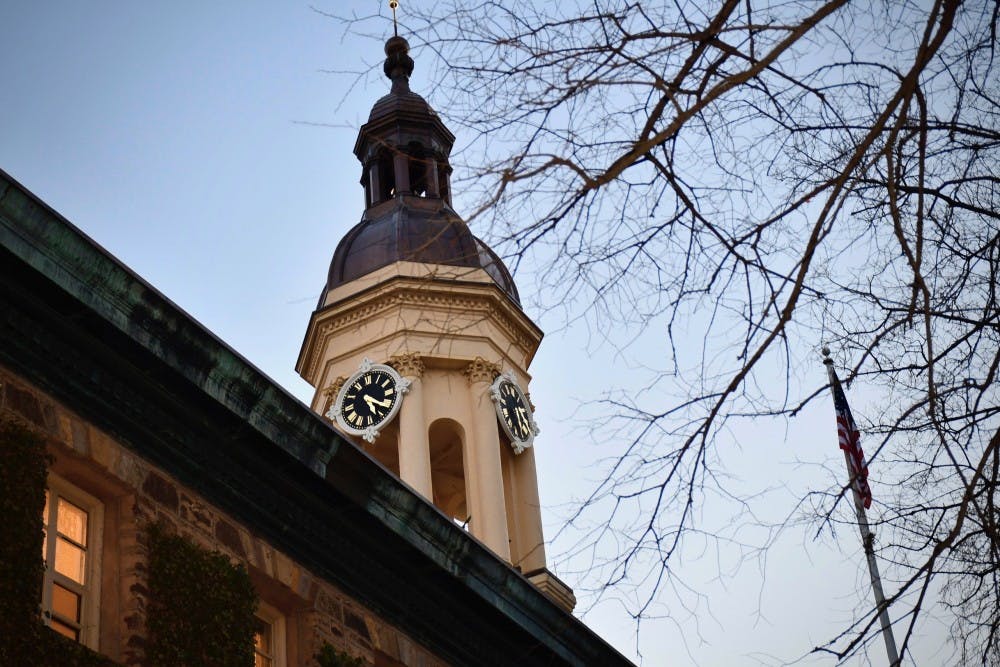For the ninth year in a row, U.S. News and World Report declared Princeton the No. 1 national university in America, out of roughly 400.
Trailing behind the University is Harvard at No. 2. Columbia University, Massachusetts Institute of Technology, and Yale University all tied for the No. 3 spot. The University also came out on top for “Best Undergraduate Teaching” and “Best Value Schools.”
For some students, this ranking fostered pride.
“It’s exciting to know that there’s that image [of Princeton],” Sophie Goldman ’23 said.
The rankings are based on six factors: student outcomes, faculty resources, expert opinion, financial resources, student excellence, and alumni giving.
But there were also some categories where the University fell short of No. 1. The University was ranked No. 12 in “Best Undergraduate Engineering Programs” and No. 186 in a brand new category, “Top Performers on Social Mobility,” which tracks the proportion of students who receive Pell Grants.
University spokesperson Ben Chang reported, however, that the University is “constantly striving to use a range of approaches and partnerships to attract, enroll, and support extraordinary students from a wide array of backgrounds.
“Earlier this year, Princeton University offered admission to 1,895 students for the Class of 2023 — of those, 18 percent were first-generation college students and 26 percent came from lower-income backgrounds (as determined by eligibility for Pell grants),” Chang wrote in his statement to The Daily Princetonian.
“For example,” Chang explained, “Princeton is a member of the American Talent Initiative, a national effort to expand college access and opportunity for talented low- and moderate-income students… The Office of Admission works with community-based organizations and nonprofits, such as QuestBridge, Leadership Enterprise for a Diverse America (LEDA) and the Princeton University Preparatory Program, to encourage high-achieving, low-income students to apply to Princeton.”
In his email to the ‘Prince,‘ Chang wrote that a high ranking is far from the only goal for the University.
“Our work is guided by that principle of ‘impact’ — the transformative impact of the Princeton experience and the impact our community — from students to faculty to staff — has on the world around them. Our work is not driven by a desire to achieve a certain ranking,” he wrote.
Goldman agreed that the rankings are not the University’s driving factors in enticing applicants.

“It was not on the top of my mind,” Goldman said. “It wasn’t what I was looking at or using to make my decisions.”
The U.S. News list itself has come under fire by critics for weighing certain factors like alumni giving and standardized test scores too heavily. Critics also claim that it is easy and advantageous for colleges to falsify or manipulate data used for the rankings.
In Forbes, Michael T. Nietzel, president emeritus of Missouri State University, said, “It is too easy for schools to game the system and falsify data. Several of the U.S. News’s measures have become proxies for institutional wealth, and their relevance to academic quality is questionable.”
Goldman explained that it is possible to recognize the ranking might not be perfect while still appreciating everything that the University has to offer. Her approach: “Definitely taking it in stride and having the perspective that everything we have here is so great, but also being able to recognize how the numbers don’t mean everything.”








